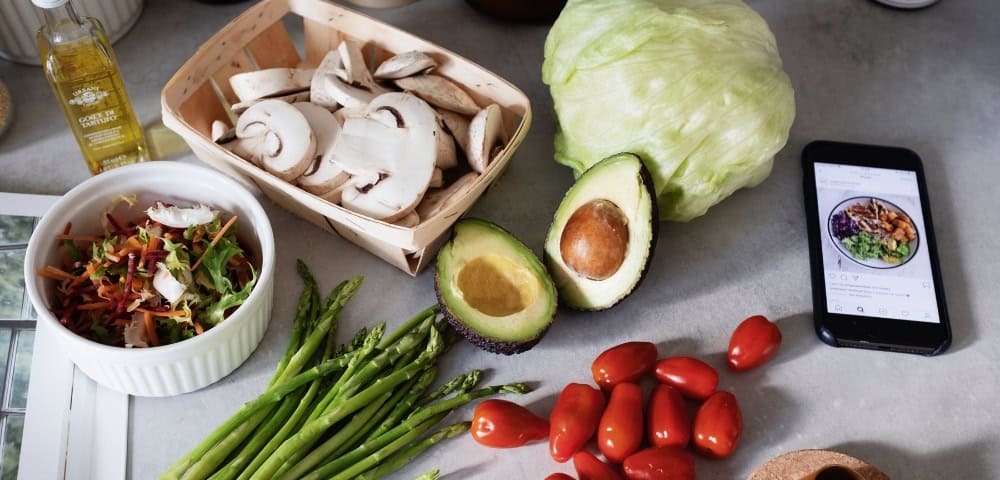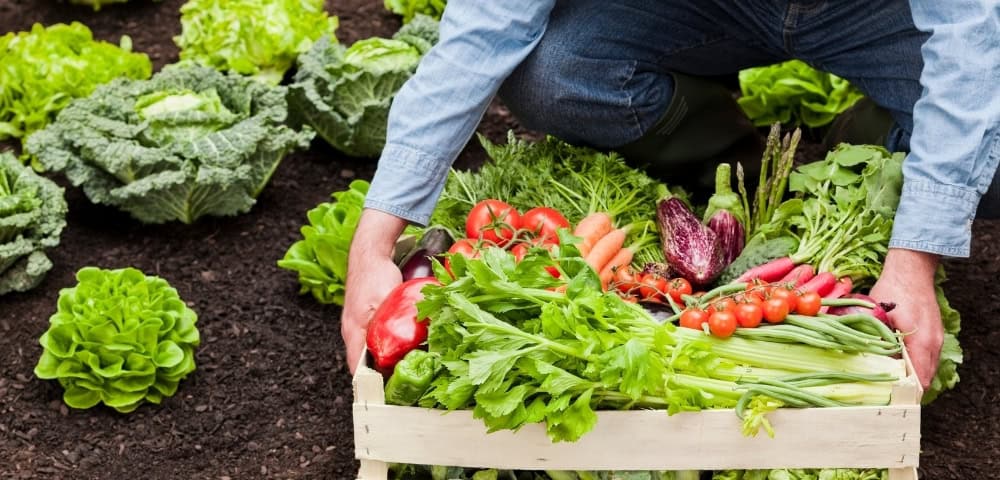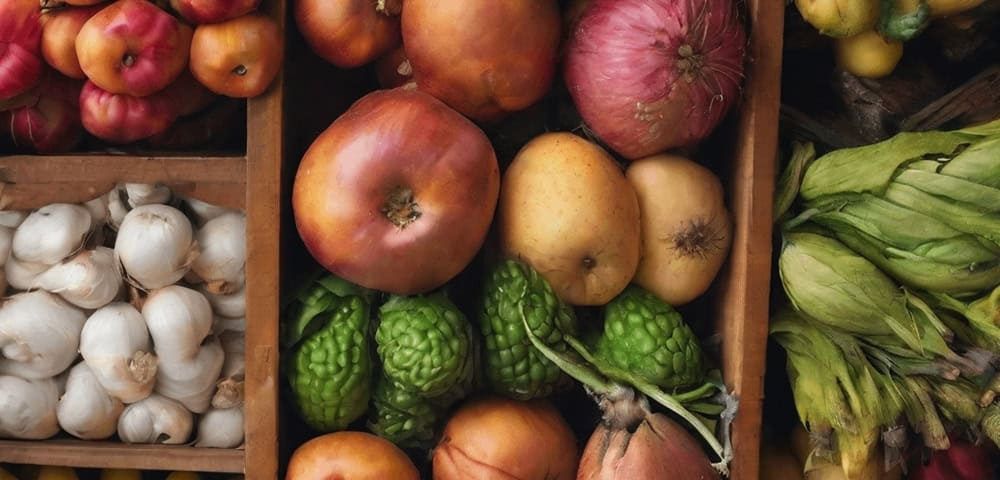According to the news reports, consumers dropped a massive $320 billion on organic and natural goods last year! However, there is an underlying fact that no one expected: 7 out of 10 shoppers made the switch without always knowing why. Is it healthy? Hype? TikTok? Behind this boom lies a mix of parental fear, price anxiety, and powerful storytelling. The lines between ‘organic’ and ‘natural’ stay blurry, yet sales keep rising. What is really behind this buying spree? How long will it last?
In this article, we uncover major reasons why a massive number of consumers move towards organic products nowadays.
We will understand
The Organic Boom No One Saw Coming

- As we mentioned, organic and natural products have rapidly moved from niche to mainstream, generating a staggering $320 billion in sales in 2024, with projected 5% annual growth through 2028.
- Among every other possibility, health concerns, particularly avoiding chemicals, pesticides, and processed foods, remain the top driver behind this shift. It is also noticeable that millennials and Gen Z consumers lead the charge, with nearly 90% purchasing organic or natural products recently, influenced by a lifetime of health messaging and accessibility.
- Despite strong momentum, there is still space for a little confusion. Around 40% of shoppers still cannot distinguish between ‘natural’ and ‘organic,’ limiting broader adoption. Further, price sensitivity (78%) and scepticism about product claims (42%) also present barriers.
- Therefore, experts stress the need for clear labelling and stronger consumer education to sustain growth. As organic becomes a lifestyle choice for younger generations, brands and retailers must evolve, ensuring transparency, health-driven value, and consumer trust stay at the forefront of this booming market.
Why are Consumers Choosing Organic?

Health-Conscious Consumer Trends
Shoppers today pay close attention to what they eat. Unlike older times, many now read labels, avoid hard-to-pronounce ingredients, and worry about how food affects their bodies. They believe organic products give them cleaner, healthier options without harmful chemicals or artificial stuff.
People want to feel good after eating, not guilty or sick. Health trends like clean eating, plant-based diets, and avoiding ultra-processed foods push more people toward organic shelves. They trust these products to help them stay in shape, avoid diseases, and maintain energy.
As more people share their wellness journeys online, others follow, hoping to feel the same benefits. As you can see, health keeps driving shoppers toward organic choices.
Family and Child Safety Concerns
Parents always look for the safest food for their children, and this is why many now turn to organic options because they worry about pesticides, hormones, and fake ingredients in regular food.
When moms and dads see words like ‘organic’ or ‘non-GMO,’ they feel more confident about what goes into their kids’ lunches. Families believe that organic products protect their children from future health problems. That belief pushes them to switch, even if it costs more.
They choose organic baby snacks, fruits, milk, and even cereals. When a parent thinks a product keeps their family safe, that product wins a spot in the cart. That emotional pull makes organic food powerful for families.
Trust in Certifications and Labels
People want to trust the products they buy, especially when it comes to food. This is the main theory in such purchases.
Seeing labels like ‘USDA Organic’ or ‘Certified Organic’ gives them that peace of mind. These seals act like proof that someone checked the product. They make people believe the item followed real rules, not just marketing tricks.
Trust grows when the label is clear, simple, and easy to recognise. If a shopper compares two similar items, and one has a strong organic label, they usually pick that one. Labels turn into shortcuts for smart choices.
That is why clear, honest certification symbols help organic products stand out on crowded shelves every time.
Influence of Younger Generations
What we notice is that young people like Gen Z and millennials lead many shopping trends. They grew up hearing about climate change, food safety, and clean living.
Therefore, now, they care deeply about what they eat and where it comes from. Many prefer organic products because they link them to health, values, and smart choices. Social media plays a big role here; when friends post about eating organic, others feel inspired to try it.
Moreover, young shoppers tend to use apps to scan labels or learn about food sources. They want food that matches their beliefs, not just their taste buds. As a result, they bring fresh energy to the organic movement every day.
Environmental and Ethical Awareness
People now connect their food choices to the planet’s health as they realise that organic farming avoids harmful pesticides, uses fewer chemicals, and treats animals more kindly. That makes shoppers feel good about their choices.
They want food that does not damage the soil, water, or air. Many believe organic products support farmers who care about the environment. Shoppers also link organic goods with fair working conditions and ethical treatment.
When they pick organic, they feel like they are doing something good, not just for themselves, but also for nature. That positive feeling keeps them coming back to the same products again and again.
Lifestyle and Identity Marketing
Many shoppers no longer see food as just fuel. Instead, they see it as part of who they are. Choosing organic tells the world about the value they offer towards themselves, their family, and the planet. It becomes part of their personal story.
We witness that many social trends and ads now treat organic products as more than just items. They show them as a lifestyle choice. People post grocery hauls, recipes, and product reviews, turning organic brands into symbols of mindful living. When shoppers find products that match their values, they feel proud to buy them.
In this case, brands that understand this emotional connection earn stronger loyalty and word-of-mouth attention.
Retail Accessibility and Visibility
Organic products used to hide in tiny store corners, but now they shine on top shelves. Big supermarkets, discount stores, and even online shops proudly display organic items in clear, easy-to-reach spots.
This easy access helps people discover, try, and keep buying them. Stores also group organic items together or highlight them with signs and apps, making shopping simpler. Some even offer samples or bundle deals.
As a result, curious shoppers who never tried organic before now feel welcome to explore. That visibility turns organic goods into everyday options, not special treats. With more places selling them, more people join the organic wave.
Brand Differentiation and Innovation
In a world full of copy-paste products, brands need something fresh to stand out. That is where organic comes in. Many companies now create special organic lines to grab attention. They show off clean ingredients, unique packaging, and bold promises.
Some brands even use smart storytelling to explain their journey from farm to shelf. These touches help shoppers remember them. When a brand introduces an organic product, it feels more modern, responsible, and forward-thinking.
This spark of creativity invites loyal fans and new buyers alike. These organic productions become a smart way for brands to shine brighter than their competition.
Forecasting Organic Demand Using Robust Technology

Most retailers find out what organic shoppers want, but that is after the shelf runs empty! In this fast-moving market, there is no need to emphasise that it is a dangerous delay. However, if you have a CRM system that predicts, plans, and personalises every step of the organic customer journey, such delays and losing a competitive edge will not occur. This is why you must connect with an industry expert for tailored features. It is high time for you to take control of the CRM built for modern demand.

